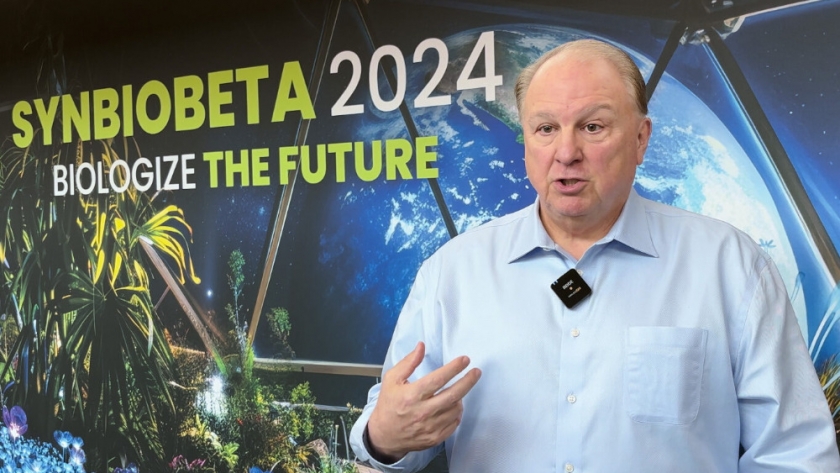
By Agroempresario.com
In a significant step forward for the precision fermentation industry, Liberation Labs has announced a new partnership with Vivici, a Dutch food-tech startup, to manufacture animal-free whey protein at its upcoming large-scale facility in Richmond, Indiana. This collaboration will bring Vivici’s beta-lactoglobulin, branded as Vivitein, to commercial-scale production starting next year.
The announcement signals growing momentum for the sustainable protein sector, as food manufacturers seek to meet rising demand for ethical, animal-free alternatives without sacrificing functionality or nutrition.
The Richmond facility, currently under construction, will house 600,000 liters of fermentation capacity in its initial phase and is expected to be completed by the end of this year. Liberation Labs, led by CEO Mark Warner, is also conducting a Department of Defense-funded feasibility study to scale the site up to an impressive 4 million liters.
“Vivici represents exactly the kind of partner we envisioned—an innovative company in need of cost-effective, sustainable protein production,” said Warner, whose company recently partnered with NEOM to build a similar facility in Saudi Arabia.
For Vivici, this partnership strengthens its manufacturing footprint in North America, offering U.S.-based customers enhanced supply chain security. “Our collaboration with Liberation Labs expands our capabilities beyond Europe,” said Stephan van Sint Fiet, CEO of Vivici.
Founded as a joint venture between Fonterra and DSM-Firmenich, Vivici entered the scene just two years ago but quickly gained traction by leveraging its parent companies' expertise in dairy protein and industrial-scale fermentation.
In February, van Sint Fiet told AgFunderNews: “We may have entered the market late, but we’ve surpassed industry expectations, thanks to a strong technology base and a team with deep commercialization experience.”
Vivici recently raised €32.5 million (US$34 million) in Series A funding and successfully trialed its beta-lactoglobulin fermentation process at Bio Base Europe Pilot Plant (BBEPP) in Ghent, Belgium. The next step is full-scale industrial production—an ambition now made possible through its partnership with Liberation Labs.
Vivici’s beta-lactoglobulin is gaining interest from brands in the premium protein beverage, snack, and sports nutrition categories, with plans to expand into active lifestyle markets.
Later this year, Vivici aims to launch bovine lactoferrin, a high-value protein with applications in similar areas. Both proteins are produced using the same microbial host and benefit from shared bioprocessing methods, improving efficiency and scalability.
“We never intended to be a one-product company,” van Sint Fiet explained. “There are strong technical and market synergies between beta-lactoglobulin and lactoferrin.”
Vivici’s beta-lactoglobulin has already achieved GRAS (Generally Recognized as Safe) status in the U.S., and a GRAS notification for lactoferrin is in the pipeline.
Some critics have questioned the commercial viability of precision-fermented whey proteins, citing cost barriers. But van Sint Fiet believes the tide is turning: “Our bioprocess has matured to a point where we’re confident in its market-readiness.”
He adds, “Our strategy is centered on bringing whey proteins to market at a cost comparable to traditional dairy proteins—and this U.S.-based production is a major leap toward achieving that.”
The Liberation Labs–Vivici alliance not only helps bridge the gap between biotech innovation and mainstream food manufacturing but also sends a clear message: animal-free dairy proteins are here to stay, and they’re ready for mass adoption.
